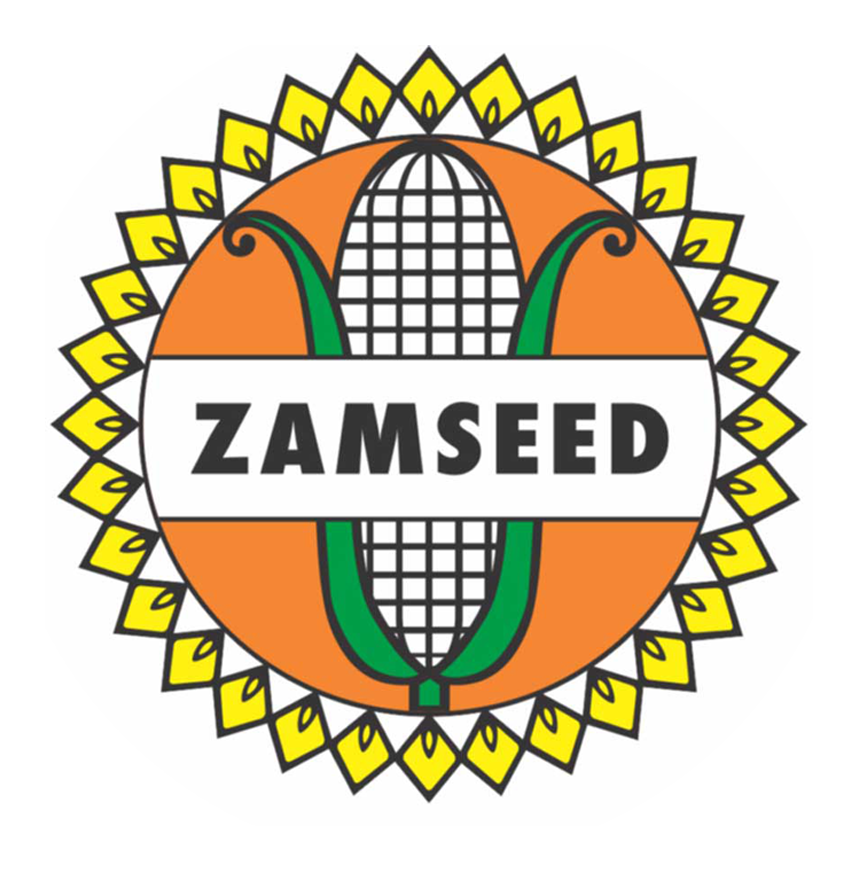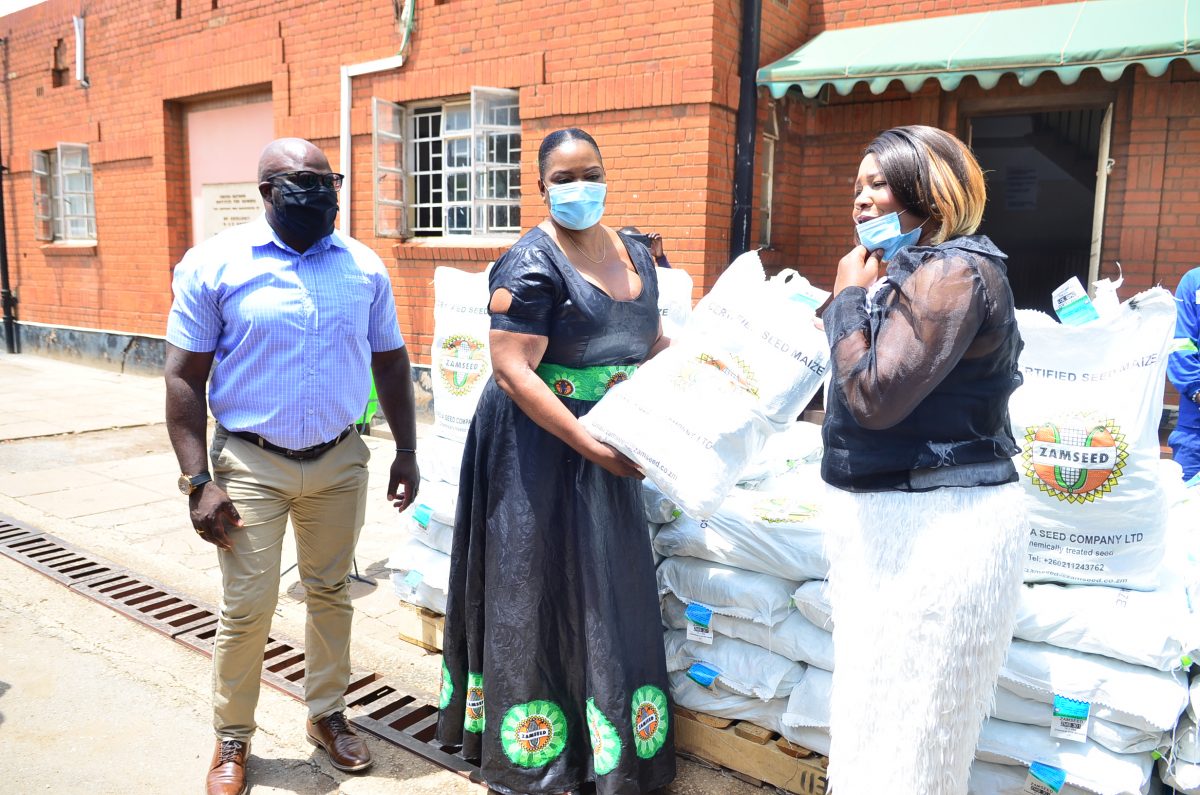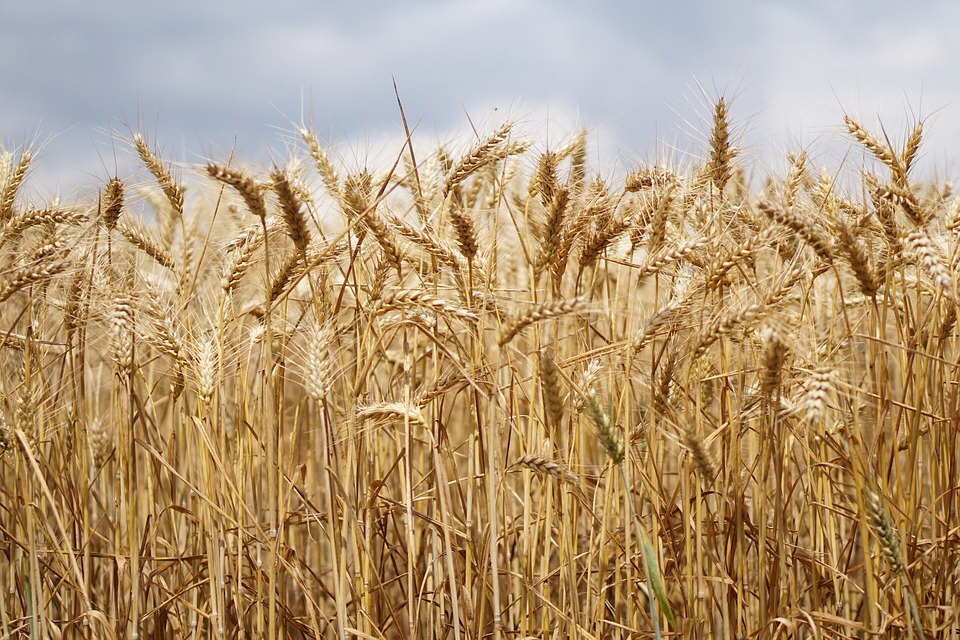Zamseed donated 2.5 metric tones of maize seed to the Ministry of Community Development and Social Services. The timely donation which came during the farming season is intended to supplement the livelihoods of poor and vulnerable beneficiaries.
Handing over the donation was Zamseed’s Business Development Manager Nokuthula Ndhlovu, accompanied by the Marketing Manager Zack Musonda. Receiving the donation on behalf of the Ministry was the Hon Minister, Mulenga Kampamba.
Speaking during the handover ceremony, the Hon Minister said, “The 2.5 metric tonnes donation will benefit 1,250 farming households and will go a long way in improving livelihoods. The gesture will also go a long way in improving national development.”
Zamseed’s maize donation falls under the Social Protection Programme, specifically, the Food Security Pack Programme implemented by the government of Zambia. The programme is aimed at ensuring food security at household level through provision of farming inputs to vulnerable but viable farmers.
Hon. Minister Mulenga Kampamba also reflected on Zamseed’s previous donation of vegetable seeds to Matero After Care, an organization under the purview of his ministry. She commended Zamseed for its continued contributions towards improving the lives of marginalized populations in Zambia.
Furthermore, the Hon. Minister echoed sentiments by the Republican President Dr Edgar Chagwa Lungu on the tremendous contributions towards economic development made by the seed industry, calling the sector a “self-sufficient and export-oriented one.”


